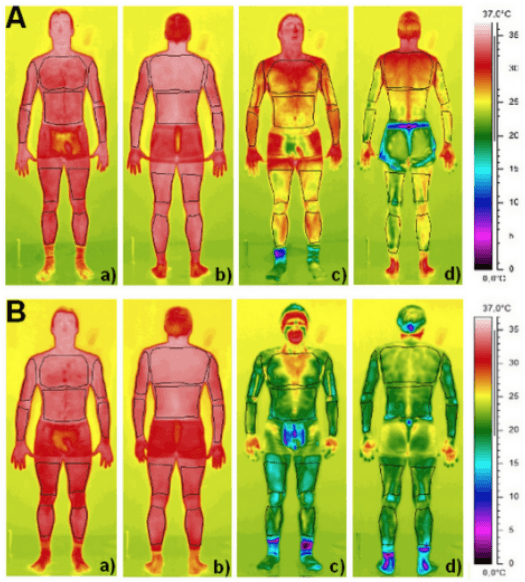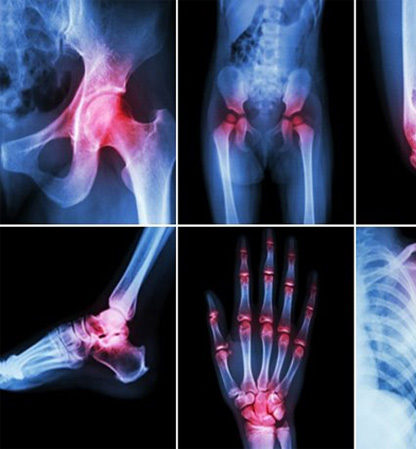CRYO Chamber vs. CRYO Sauna: What’s the difference?
More and more centers are opening worldwide providing whole-body cryotherapy services using a lot of different technologies. To reach "cryo temperatures” either electricity or nitrogen is used. Within the nitrogen- cooled units, we differentiate between chambers and saunas, either via “direct” or “indirect” exposure to nitrogen. This all results in essential questions from the client: What’s the safest and best technology to reach my goals?
How to Improve Skin Complexion Naturally, Safely and Without Drugs
You’re constantly hearing about the next big thing when it comes to beauty treatments. Celebrities boast about the latest natural procedures that they use to stay camera-ready, but how do you know who’s telling the truth and which treatments actually work?
Celebrity Natural Beauty Secrets
Celebrities are known for their indulgent beauty routines which are usually complicated and inaccessible to anyone but the rich and famous. That’s why when one of them admits to a natural, low-key beauty secret, we’re all ears. Here are five celebrity natural beauty secrets that all of us can easily enjoy.
How to Lose Weight Quickly and in a Way that Lasts
Losing weight can prove to be a long and frustrating road. But, what if we were to tell you that it doesn’t have to be? When you implement cryotherapy treatments into your healthy, balanced diet and regular exercise regime you’ll start to see quick results and strong progress towards your personal goals. We’ll be discussing everything you need to know about how to lose weight quickly with cryotherapy.
Finding a Cryotherapy Weight Loss Study Which PROVES it’s the Right Choice
Cryotherapy has been a popular wellness treatment for decades among celebrities and everyday people. Its beauty benefits, particularly weight loss, are well-known. Being exposed to -140℃ for very short lengths of time is known to burn hundreds of calories. But does this therapy actually work and if so, how? Here’s a breakdown of cryotherapy weight loss studies to prove that it’s the right weight loss choice for you.
How to Lose Weight Naturally, Quickly and in a Way you Can Trust
Trying to lose weight but getting fed up? You’ve stuck to your healthy eating and exercise plans religiously but you’re not seeing your results quick enough. Despite all your efforts you’re stumped at the thought of how to lose weight naturally. Well, cryotherapy could be the last piece in the puzzle. This post will outline everything you need to know about how cryotherapy can help you lose weight quickly and completely naturally.
6 Tips to Speed Up Recovery After Exercise
Rest and recovery is an essential part of any physical training routine. Your after-exercise recovery routine has a big impact on your fitness gains and sports performance and allows you to train much more effectively. Unfortunately, most people don't have an after exercise recovery plan. Here are some tips to get your post-workout plans on track.
7 Natural Anti Aging Tips for Men Who Care About Their Looks
There’s no denying it, everyone dreads signs of aging, at some point. It’s completely natural, yet we’re so desperate to escape the notion that we’re getting older. Well, we’ve put together seven natural anti aging tips that, if all used in conjunction with each other, will no doubt leave you with that youthful glow.
The ABCD’s of Arthritis
Arthritis affects millions of people all over the world. In fact, from the year 2010 – 2012, approximately 52.5 million adults (22.7%) in the United States were diagnosed with some form of arthritis. Unfortunately, this number is projected to reach 78 million (26%) by the year 2040. Aside from this, arthritis is also considered as one of the leading causes of disability attributed to work limitation and increased risk of falls and injuries (Centers for Disease Control and Prevention, 2016).










